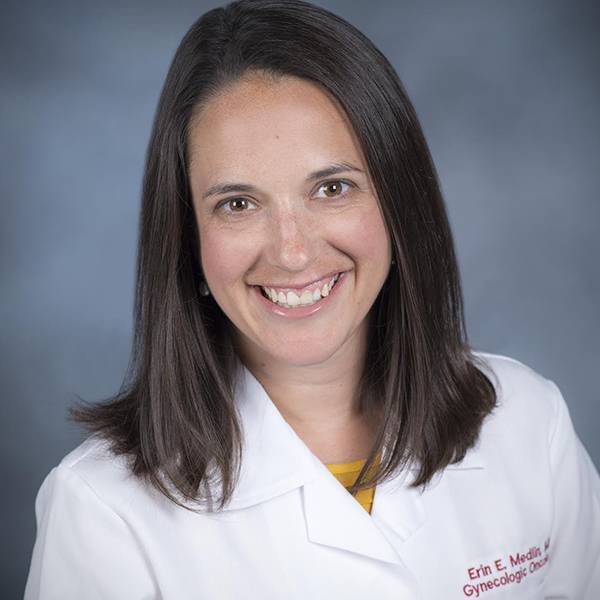
 For most women, the concept of a yearly pap test has been ingrained in us from our teenage years. It was the welcome to being a woman: a trip to the gynecologist, speculum exam and pap test starting at 18, or earlier for some. From 1987-2002, the yearly pap was dogma. However, everything started changing in 2002.
For most women, the concept of a yearly pap test has been ingrained in us from our teenage years. It was the welcome to being a woman: a trip to the gynecologist, speculum exam and pap test starting at 18, or earlier for some. From 1987-2002, the yearly pap was dogma. However, everything started changing in 2002.
As we learned more about how cervical cancer develops, the role of HPV, and the impact of biopsies and excisional procedures, we recognized that most women do not need yearly pap smears. Indeed, yearly pap testing lead to increased procedures without a reduction in severe dysplasia or cancer, increased anxiety, and increased loss of time from work and family. We also learned that most young women will have HPV, but most young women’s bodies will be able to get rid of the virus. For these women, pap testing lead to procedures with downstream consequences, such as complications with pregnancy, without a reduction in dysplasia or cancer.
In 2002, the guidelines changed, and pap testing was recommended after age 21 or three years after first intercourse, with different intervals based on age from yearly to every three years. In 2006, HPV testing was added to help “triage” abnormal pap tests or for risk stratification in women more than 30 years old. As we gained further understanding of the role of HPV and the natural course of cervical dysplasia, screening intervals could be pushed out further. In 2012, the guidelines changed again. Pap screening was not to begin prior to age 21, screening every 3-5 years depending on age, and pap with HPV testing for women older than 30. In 2015, HPV screening alone was approved for women over age 25.
If your head is spinning, you are not alone. Many doctors and other providers have struggled to keep up with the guidelines, leading to mixed messages and confusion. As we learn more, we aim to provide the best preventative care and screening we can and minimize any harm. The most recent pap guidelines do just that: give time to detect and treat early dysplasia and eliminate unnecessary procedures. Cancer detection has not been compromised, but has actually been improved, as HPV testing allows for early detection and treatment of dysplasia***. Sometimes fewer tests can be better.
As of 2017, the current guidelines are for pap testing to begin at age 21. This does not change for girls who receive the HPV vaccine or have sex at a young age. There are a few special populations (girls with HPV or immunosuppression) that may need earlier or more frequent testing. For women ages 21-30, pap testing alone should be done every three years, with HPV testing indicated by pap test results. For women older than 30, pap testing with HPV testing is recommended every five years. More frequent testing may occur if any of these are abnormal. For women older than 65, cervical cancer screening is at the discretion of the patient and her provider.
The cervical cancer screening guidelines have changed four times in the past 15 years, and will likely continue to change as we learn more about HPV as more girls and boys are vaccinated against HPV. Despite these changes, we encourage all women to see their gynecologist or women’s health provider yearly to discuss the need for pap testing, pelvic exams, or other procedures.
Is it time for you to get a pap test? Schedule an appointment at UofL Physicians – OB/GYN & Women’s Health. Call 502-588-4400 or fill out the online Request an Appointment form.
References:
Click here to read the first post in the series: Cancer prevention with a few shots? Let’s do it!









